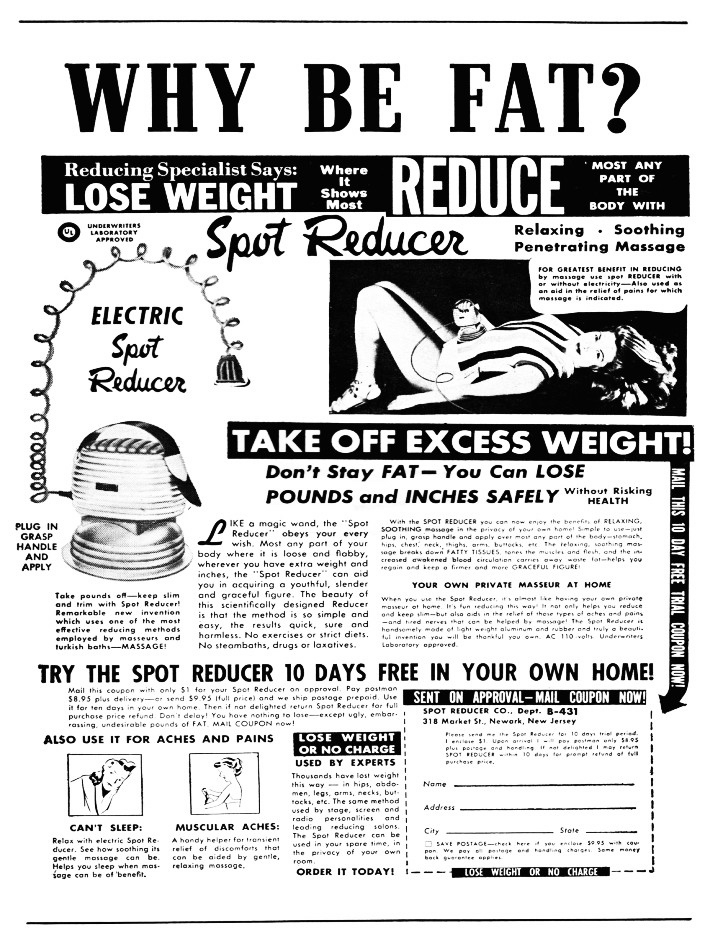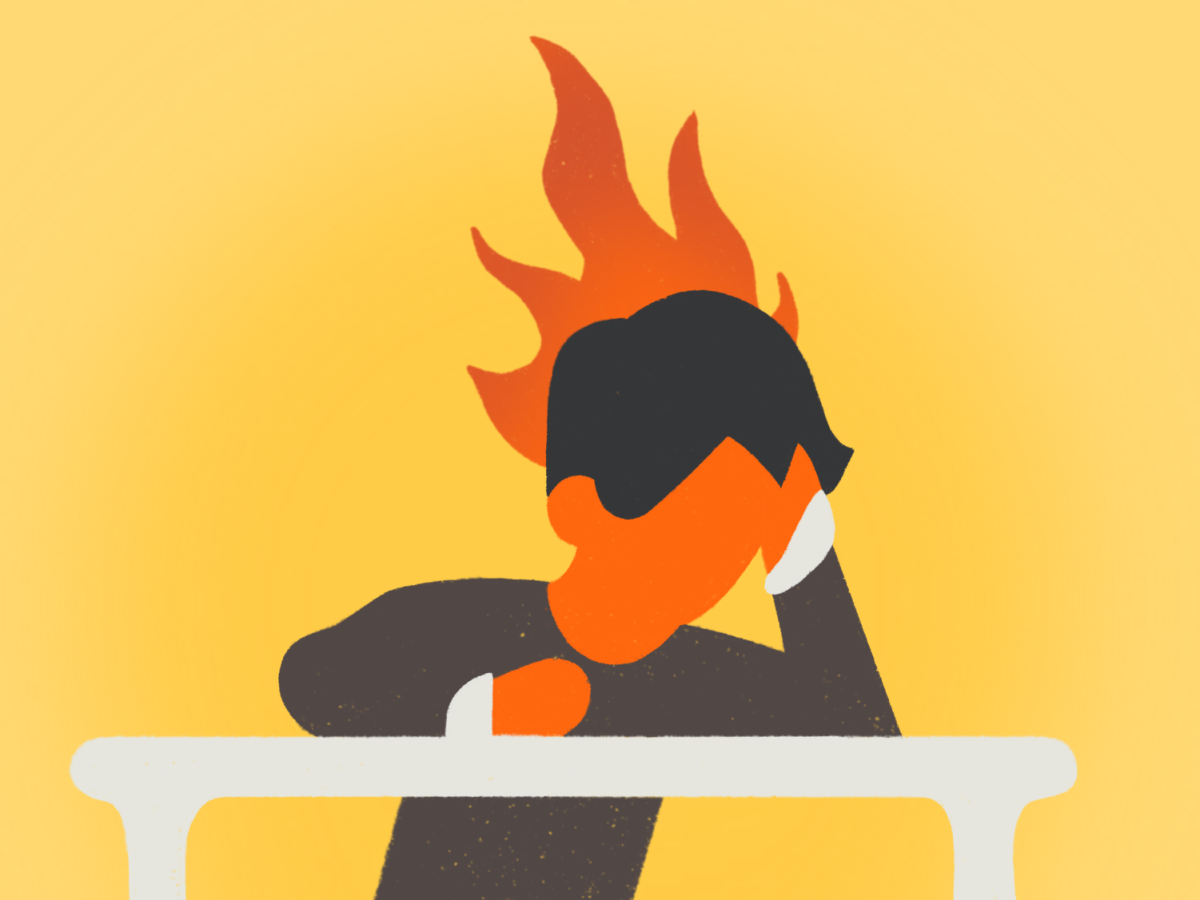Diet pills have been around since the late 1800s, and today it is almost impossible to avoid ads for these pills. Some might look at them and believe that it’s a scam. Others might think that it truly works and take them religiously. These are the kinds of diet pills one might see advertised while scrolling through social media or a blog post, but what about those that medical professionals can prescribe? Do they work? And are they harmful?
Do These Prescriptions Work and How?
These prescription “diet pills” are called weight loss pills and are prescribed to people who are overweight or obese and need to lose weight due to health concerns. These pills can work in many different ways based on the type of medication and depending on how long one plans on taking them. For example, some pills make it harder for one’s body to absorb fat, while others may change one’s appetite.
The pills themselves don’t do everything, but instead, they should be paired with a healthier lifestyle to work fast and properly. Researchers from the Mayo Clinic describe the results of diet pills and a healthy lifestyle. “Taking these drugs for a year can mean a loss of total body weight of 3% to 12% more than that lost with lifestyle changes alone. That may not seem like a lot. But losing 5% to 10% of your total weight and keeping it off can have important health benefits.”
Are They Harmful?
One of the major concerns about these drugs is whether they are inherently dangerous. The answer is no, but that doesn’t mean they can’t have any negative effect. As for most prescription medications, they have a long list of possible side effects, and this is true for weight loss pills as well. However, these side effects aren’t the worst outcome that could come from taking these pills. It’s the mindset people have going into taking the pills that make them dangerous.
If one takes diet pills to make oneself look better, and not for medical reasons, it can lead to serious health problems. Not only this, but addiction is also worrisome when taking these pills. For these reasons, medical professionals recommend that a person should not be taking the medications for the wrong reasons and that it’s important to be honest with your doctors
What are Some of These Drugs? Side Effects?
There are six weight loss drugs approved by the FDA (U.S. Food and Drug Administration):
- Bupropion-naltrexone-
This is a combination of addiction treatment (Bupropion) and antidepressants (Naltrexone). This drug combination is used to raise blood pressure. This requires a care provider to check one’s blood pressure regularly when taking the medication. The side effects are nausea, headaches, and constipation.
- Liraglutide-
This is used to manage type 2 diabetes and is administered by a daily injection. The most common side effect is nausea, and in some cases, vomiting.
- Orlistat-
Orlistat is a drug used to manage obesity. It is only administered to people with a body mass index of 30 kg/m2 or above. A low-fat diet is recommended when taking this medication. Side effects include passing gas and loose stools.
- Phentermine-topiramate-
This is another combination of weight loss medication (Phentermine) and an anticonvulsant (Topiramate). Side effects include increased heart rate, increased blood pressure, insomnia, constipation, and nervousness. Phentermine has the potential to be misused because it acts like a stimulant. Topiramate can cause birth defects, so it is recommended to exercise caution when using this drug.
- Semaglutide-
This drug, like liraglutide, is used to manage type 2 diabetes and is administered by a weekly injection. Side effects of this are nausea, vomiting, diarrhea, belly ache, headache, and tiredness.
- Setmelanotide-
Approved for the use of people 6 years and older, Setmelanotide is given to manage obesity due to rare inherited diseases such as Proopiomelanocortin deficiency and Leptin receptor deficiency. It is administered through a daily injection. Side effects include swollen or irritated skin where the needle went in,
patches of darker skin, nausea and diarrhea, belly pain, unwanted sexual reactions, and finally, depression and suicidal thoughts.
In terms of the safety and effectiveness of prescription weight-loss pills, they are completely safe to use given that a medical professional who knows the person’s medical history recommends the drugs.
Credit:
https://www.mayoclinic.org/healthy-lifestyle/weight-loss/in-depth/weight-loss-drugs/art-20044832
Photo Credit:
https://picryl.com/media/adventuresintodarkness1035-293afd














